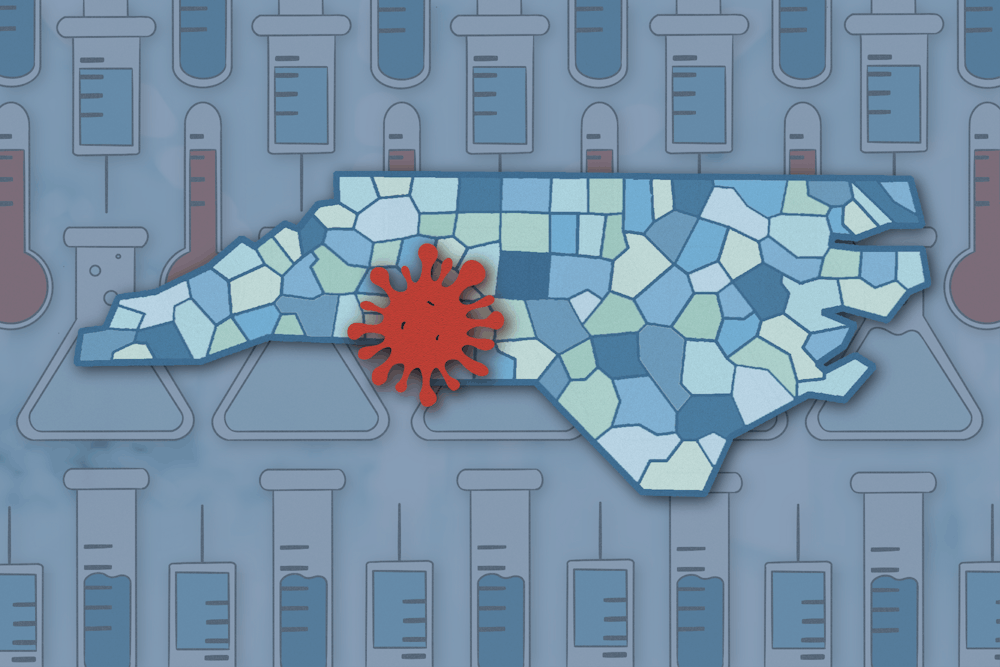The North Carolina Department of Health and Human Services announced one confirmed case of measles in North Carolina on Sept. 9.
The child residing in Mecklenburg County who tested positive for the virus likely contracted it through international travel. This is the first measles case identified in North Carolina since 2018.
North Carolina Rep. Sarah Crawford (D- Wake) who serves on the North Carolina Health House Standing Committee said the parents isolated the child at home after returning to North Carolina, with the exception of one medical visit.
Medical Director of the UNC Infectious Diseases Clinic Claire Farel said the symptoms of measles are relatively similar to cold-like symptoms and can include a fever, runny nose, cough and rash. Since measles is a rare virus, cases are confirmed through laboratory testing, like blood tests and Polymerase Chain Reaction (PCR) tests, UNC Professor of Medicine David Weber said.
There have been at least 247 confirmed cases of measles in the United States this year, according to UNC Gillings School of Public Health Professor Noel Brewer. All of the cases have been contracted outside the United States and enter through international travel.
Weber also said measles is the most infectious disease in the world and is easily transmittable through the air. For every single person who contracts measles, there are between 12 and 18 people who are susceptible to contracting measles, he said.
Farel said there are certain groups of people who are more vulnerable to the contraction and contamination of measles, such as immunocompromised people, the elderly and unvaccinated people.
The NCDHHS urges residents of North Carolina to get the necessary MMR vaccination, which is administered in two doses. According to Farel, one dose of the vaccination is 93 percent effective in preventing measles and two doses of the vaccination is 97 percent effective.
Farel explained that when 95 percent of a community is vaccinated, the community develops herd immunity. The recent measles case, Farel said, is partially the result of the percentage of people vaccinated for measles dropping below 95 percent.



